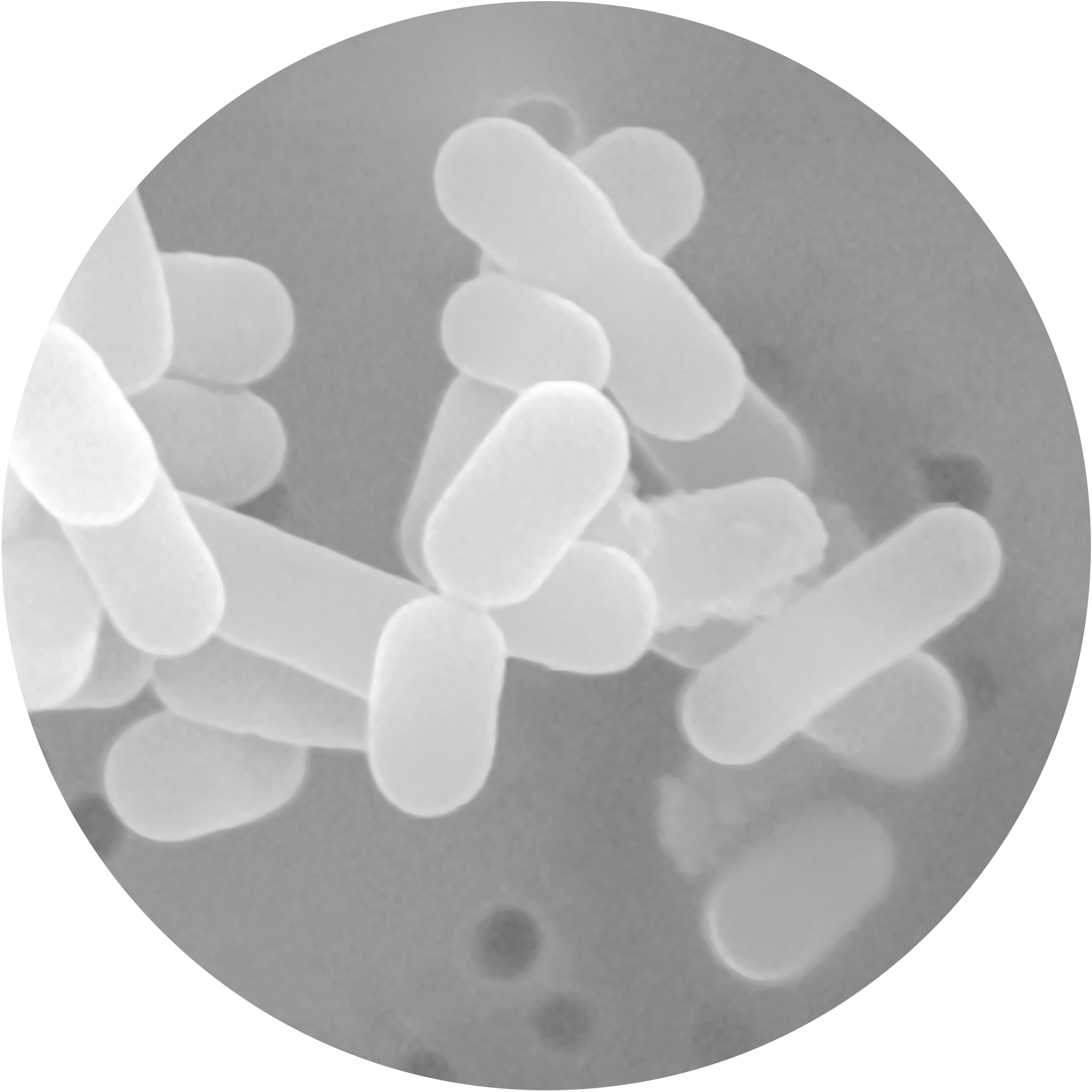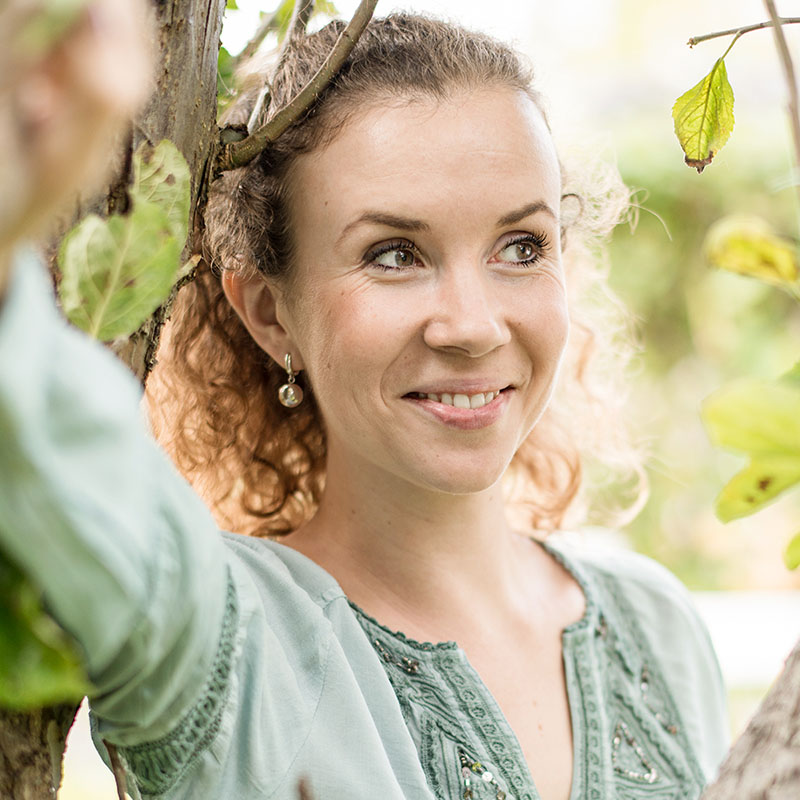
Gut health
Bacteria live on our skin, in our mouth and nose, but, most of all, in our gut. So, it comes as no surprise that our gut plays a significant role for the body’s immune system.
READ MOREThe information on this part of the website is intended only for health care professionals. I am an expert within the meaning of Act No. country xy. I herewith confirm that I am a professional according to this definition.
Unfortunately, as you are not a health care professional we cannot provide you this information.

Bacteria are microorganisms, or microbes, that can be found everywhere. Some types of bacteria even live in and on other organisms, such as humans.
As the first form of life to exist on Earth, they have dictated the conditions of our existence since the very beginning. Limosilactobacillus reuteriis an example of bacteria that has evolved in symbiosis with humans. Today, we know that bacteria form an integral part of our body. While human babies are born almost sterile, bacteria quickly begin to colonize throughout their small bodies – skin, mouth, and most importantly gastrointestinal tract. These bacteria continue to grow in number and diversify until around the age of three.
Our bodies are home to an array of microorganisms called the microbiota, in which bacteria are the biggest players, making them essential for our health. New findings even suggest that we have twice as many bacterial cells in our bodies than human body cells. These bacteria are called the human microbiota and they are extremly essential for human health. | Often referred to as an organ in its own right, it is understandable that researchers are eager to understand more about the importance of the microbiota. While the numbers available are often inconsistent, new information claims that our microbiota contains around 40 trillion bacteria (400-4,000 different species), making up one to two kilos of our body weight and located mostly in the gut. So, it is clear to see why it is crucial to maintaining the adequate colonization of bacteria inside us. |
Today we are aware of the benefits of bacteria for the body and the vital role they play for our health. Just as air, water, and food are essential for human life, so are bacteria. One key function is to support the immune system and protect us from disease.
Every day, the good bacteria inside us provide the first line of defense against bad bacteria, also known as pathogens. In doing so, they support and educate our immune system. Furthermore, they aid our digestive system and support the body in absorbing nutrients and producing vitamins such as B and K. Some studies even suggest that the good bacteria in our gut can affect our brain and mood.

Our lifestyle has changed dramatically over the last 50 years. Modern ways of living with increased urbanization and changes to our eating habits have also triggered changes in our microbiota.Lifestyle habits such as an unbalanced diet containing lots of processed food, coffee, and alcohol, or excessive exercise can all cause imbalances in our microbiota. | Equally, the use of antibiotics and other drugs, and obsessive hygiene can influence the microbiota by eliminating both bad and good bacteria. Birth by Caesarean section can also disturb the composition of microflora in the body of newborns. BioGaia products containing Limosilactobacillus reuteri have been developed to support the body’s gut flora and restore balance. |

Bacteria live on our skin, in our mouth and nose, but, most of all, in our gut. So, it comes as no surprise that our gut plays a significant role for the body’s immune system.
READ MORE
“Probiotics” is a general term for live microorganisms that are beneficial for the body – some even call them “friendly” bacteria. Read on for more info on these little helpers.
READ MORE
BioGaia products contain live microbes from the probiotic strain Limosilactobacillus reuteri. One of the most well-researched probiotics available, it is both effective and safe.
READ MORE